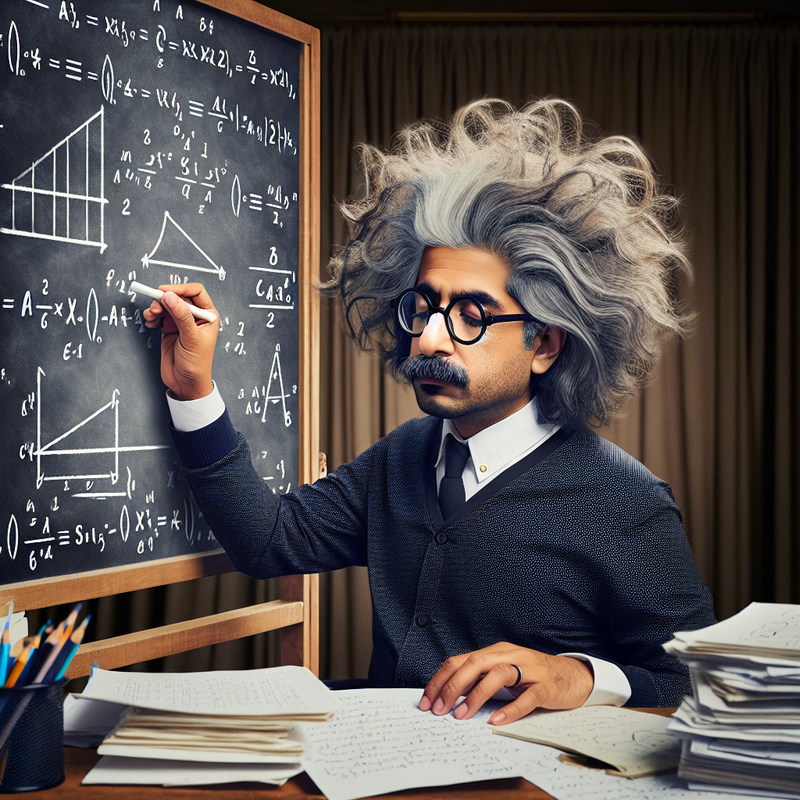The Shifting Paradigm of Scientific Genius
Once upon a time, in the golden age of solo scientific brilliance, Albert Einstein scribbled equations on his own, birthing relativity from the confines of his mind. Fast forward to today, where the scientific stage is crowded with a thousand times more players than in Einstein's day. The question looms: Will another Einstein emerge, or has the era of the lone genius given way to collaborative choreography?
Gone are the days when a solitary thinker could revolutionize physics with a pen and paper. Modern science is a team sport, where breakthroughs often require a symphony of minds. Think of the Large Hadron Collider at CERN, a behemoth requiring thousands of scientists to dance in harmony. Or the Human Genome Project, a puzzle pieced together by an army of geneticists.
But what about the coveted Nobel Prize, that gleaming beacon of scientific achievement? Historically, it's been awarded to individuals, celebrating the solitary genius. Yet, recent decades have seen a shift. More than half of Nobel Prizes in science now go to groups, reflecting the reality that today's monumental discoveries are team efforts. And there is no "I" in "team"... except in Latin's bigas, but I digress.
So, will we see another Einstein? It's unlikely. The complexity of modern problems demands collaboration, turning science into a grand orchestra rather than a solo performance. While the lone genius may still dazzle us, the future belongs to the collective brilliance of scientific teams.

